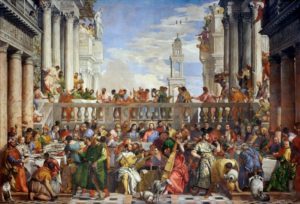
Wanted
Wanted: faithful men and women. Who will build them? The family and the Church, with Christ at their head. Will Education be a faithful maidservant, or will she destroy those entrusted to her?

Wanted: faithful men and women. Who will build them? The family and the Church, with Christ at their head. Will Education be a faithful maidservant, or will she destroy those entrusted to her?
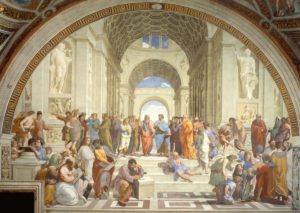
Even though they were pagans, and even though, when it comes to religion, they had ugly stick figures compared to the beautiful portrait of Christ in the Holy Scriptures, the ancient Greeks and Romans do have masterpieces on morality and ethics and language that can be of great use to us in raising our children.
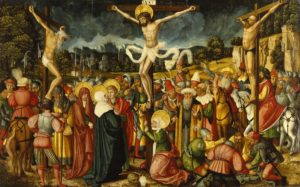
The Christian view of the Christian student is that he is simul iustus et peccator, simultaneously saint and sinner. Educating this Christian according to his nature, we instruct him in God’s Word, teach him virtue and vice, and give him the knowledge and skills necessary to be of service to the world wherever he is needed.
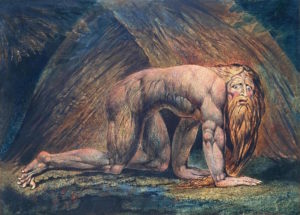
Is man by nature good or evil? Man was created good, yet by his sin brought deep corruption on all mankind, such that now man is by nature evil. He is incurvatus in se, turned in on himself. He is a slave to the passions and desires that rage within him.
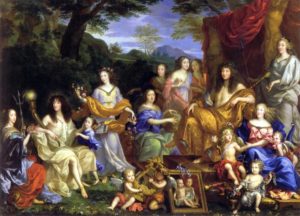
Is man by nature good or evil? The modern world rejects the validity of the question; and yet the modern world treats man as if he were by nature good. If the modern world would but open its eyes, perhaps it would see the true nature of man: we are far from good.
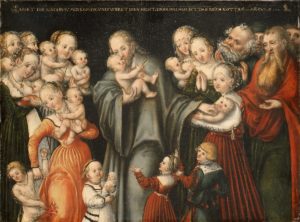
What is the goal of education? Not the acquisition of Mammon. The goal of education is Fides ad Deum, Charitas ad Vicinum, faith toward God, love toward the neighbor. Or as John Chrysostom very nicely sums it up: Χριστιανὸν αὐτὸν ποίησον: Make him a Christian.
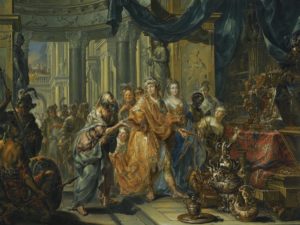
A common goal of education is to turn children into money-makers. This goal has two flaws. First, it treats the child as if he has no soul, as if this body and life are all there is. And second, it pretends that it’s acceptable, and even good, to live for oneself, to amass a pile of Mammon and be satisfied.
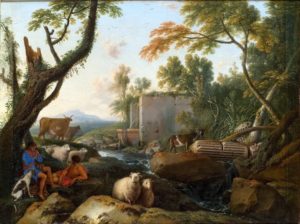
The Church has long understood nature to be God’s second book (second to the Holy Scriptures). From nature we can learn of the existence of God, his power, orderliness, providence, and beauty, plus the objective nature of reality.
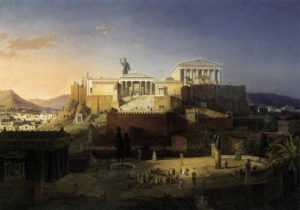
If there’s one thing that makes classical education “classical,” it is the study of the classical languages: Greek and Latin. Classical education also involves reading the famous literature written in those languages, and studying the times when those authors lived. But a classical education is made classical with the classical languages.
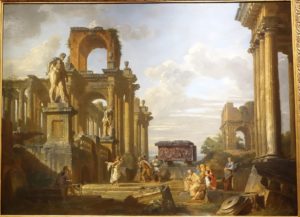
What is the purpose of History? This is as broad as asking, “What is the purpose of life?” And both questions assume that there is some overarching purpose: that there’s not only the historiographer (the writer of histories), but also an Historiokrator – a Lord of History.